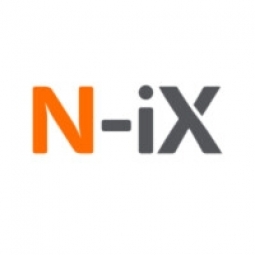Better scalability and faster time-to-market for m3connect
- Application Infrastructure & Middleware - Middleware, SDKs & Libraries
- Networks & Connectivity - 5G
- Buildings
- Construction & Infrastructure
- Product Research & Development
- Quality Assurance
- Leasing Finance Automation
- Material Handling Automation
- Testing & Certification
m3connect, one of the largest wireless internet service providers in Europe, faced a significant challenge in transforming their existing solution to increase scalability and adapt to new business cases. The company, which specializes in digital signage, guest infotainment systems, VoIP, VoD, and location-based services, needed to redesign its architecture to enable in-flight portability for T-Mobile users and support a growing customer base. They also had to leverage new business opportunities discovered within an extensive partner network, from product deployment for local businesses to collaboration with global commercial airlines that provide on-board services. Over 300 epics/stories needed to be processed in the backlog to meet the client’s airline requests. The company had a high-level concept of the transformed solution but needed technical help in selecting technologies and designing the architecture.
m3connect is one of the biggest wireless internet service providers in Europe, with offices in Aachen, Karlsruhe, Berlin, San Francisco, Sibenik and serving customers in more than 20 countries. The company specializes in digital signage, guest infotainment systems, VoIP, VoD, and location-based services. It also sets up a private 5G network core for leading industrial companies such as the BMW Group. The company needed to transform its existing solution to increase scalability and make it suitable for new business cases, including enabling in-flight portability for T-Mobile users and supporting a growing customer base.
The N-iX team helped m3connect perform a technical assessment, choose a new tech stack, design a plan for migration, and adopt a microservices architecture. They started the project with a Discovery phase to identify key challenges, choose the most suitable architecture design, and prepare a roadmap for the solution implementation. They performed a technical audit of the current architecture and designed a backlog. To match the scalability and maintainability requirements, they designed a new system which required migration from monolith to microservices. They also improved DevOps processes and built a test automation framework from scratch to improve time-to-market. The team suggested a new tech stack (Java 11, Spring Boot, Kubernetes) to reach the short time to value/market, enable cost-effective development, improve operations and support.
Related Case Studies.











